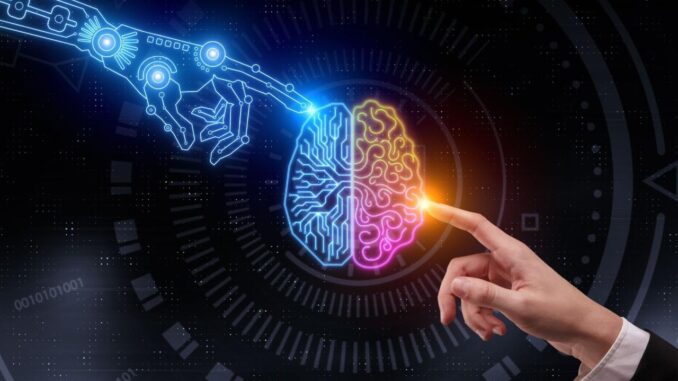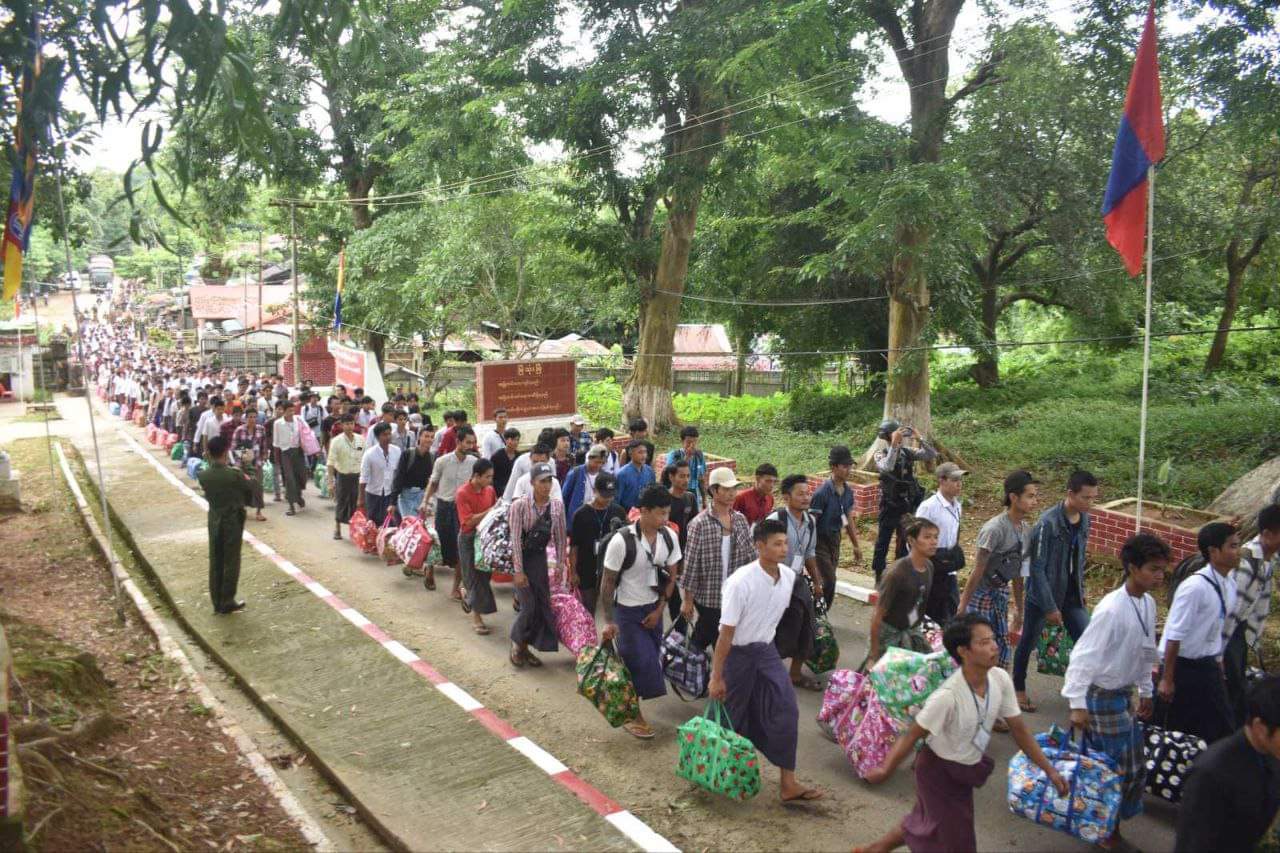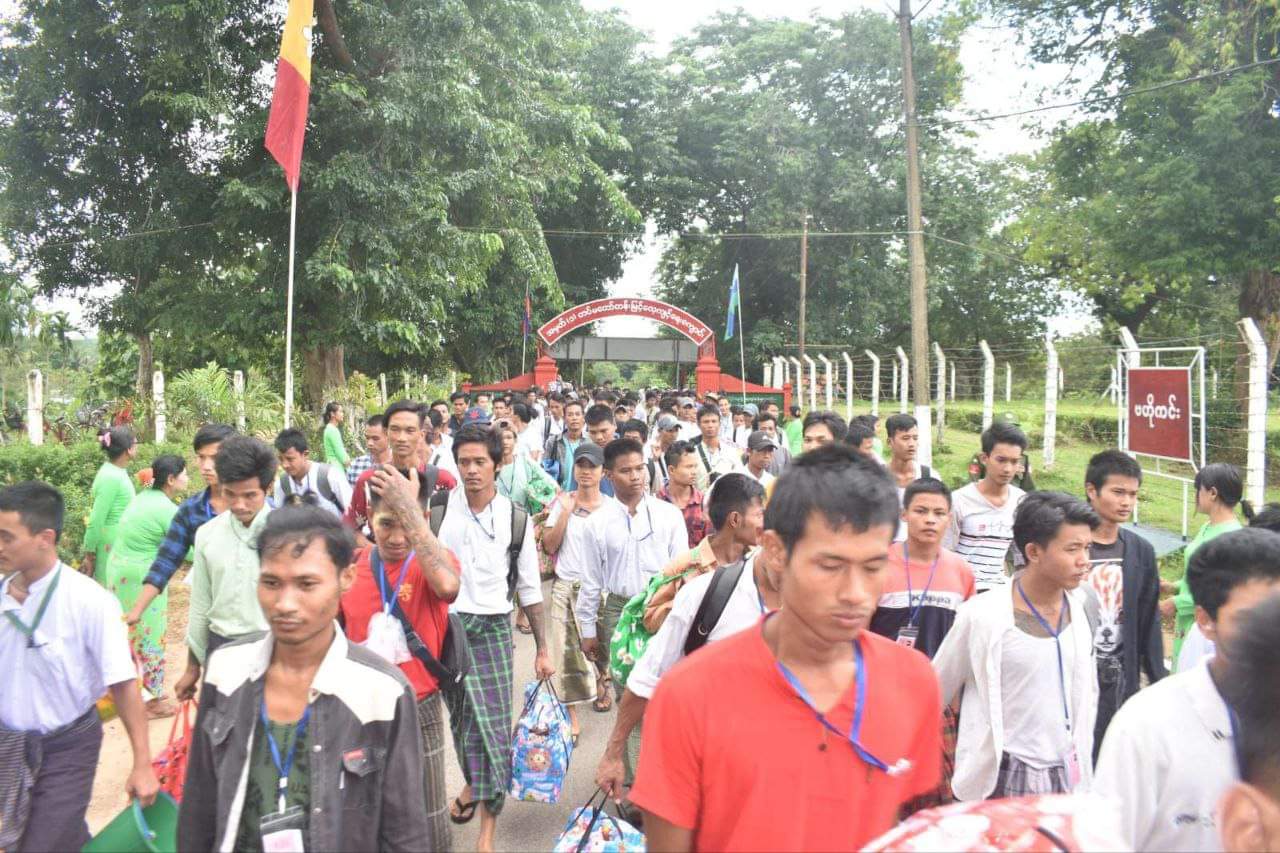
Artificial Intelligence (AI) has significant potential to advance sustainable development by addressing pressing global challenges such as climate change,
resource depletion, poverty, and inequality. Here are several key areas where AI can play a crucial role in promoting sustainability:








### 1. **Climate Change Mitigation**
– **Predictive Analytics**: AI can analyze vast datasets to predict weather patterns and climate changes. This information can be used for better climate modeling and to inform policy decisions aimed at reducing carbon emissions.
– **Energy Management**: AI algorithms can optimize energy consumption in buildings and industries, improving efficiency and reducing waste. For example, smart grids use AI to distribute energy more effectively based on real-time demand.
### 2. **Sustainable Agriculture**
– **Precision Agriculture**: AI can analyze data from sensors, drones, and satellites to provide farmers with insights about crop health, soil conditions, and moisture levels. This enables targeted interventions that optimize inputs like water, fertilizers, and pesticides, enhancing yield while minimizing environmental impact.
– **Crop Monitoring**: Automated monitoring systems can detect pests, diseases, or nutrient deficiencies in real-time, allowing for timely intervention and reducing the need for harmful chemicals.
### 3. **Resource Management**
– **Water Conservation**: AI can optimize water usage in agriculture and urban settings by analyzing weather patterns and soil moisture levels to predict and manage water needs efficiently.
– **Waste Management**: AI-powered sorting and recycling systems can improve waste separation and optimize collection routes, reducing overall waste and improving recycling rates.
### 4. **Urban Planning and Smart Cities**
– **Traffic Management**: AI can enhance traffic flow in urban environments, reducing congestion and emissions through real-time analysis of traffic patterns and predictive modeling.
– **Public Transportation**: AI can optimize public transit schedules and routes based on usage patterns, making public transportation more efficient and reducing reliance on fossil fuel-driven vehicles.
### 5. **Biodiversity and Conservation**
– **Wildlife Monitoring**: AI-powered tools, including camera traps and drone surveillance, can monitor wildlife populations and detect poaching activities, contributing to conservation efforts.
– **Ecosystem Management**: AI can be used to model ecosystems and predict the impact of various factors such as climate change, helping policymakers make informed decisions regarding conservation efforts.
### 6. **Health and Well-Being**
– **Predictive Healthcare**: AI can analyze health data to identify trends and predict outbreaks, enabling proactive measures that can mitigate health crises and contribute to global health goals.
– **Resource Allocation**: In healthcare systems, AI can optimize resource allocation to ensure that medical assistance is provided efficiently, particularly in low-resource settings.
### 7. **Education and Awareness**
– **Personalized Learning**: AI can provide personalized educational experiences that cater to individual learning styles and paces, improving educational outcomes and promoting awareness about sustainability issues.
– **Public Engagement**: AI can analyze social media and public sentiment to gauge awareness and effectiveness of sustainability initiatives, helping organizations adjust their outreach efforts.
### Challenges and Considerations
While AI presents numerous opportunities for advancing sustainable development, there are challenges and considerations to keep in mind:
– **Data Privacy**: The collection and usage of data for AI require stringent privacy protections to ensure security and public trust.
– **Bias and Inequality**: AI systems must be designed to avoid reinforcing social inequalities or biases that may exist in the data, ensuring equitable outcomes.
– **Energy Consumption**: The training of AI models can be energy-intensive, necessitating a focus on improving the sustainability of AI technologies themselves.
### Conclusion
AI holds transformative potential for promoting sustainable development across various sectors. By leveraging AI technologies thoughtfully, stakeholders can address global challenges effectively while contributing to a sustainable future. Collaboration between governments, businesses, and civil society is essential to maximize the benefits of AI for sustainability while mitigating risks.

Leave a Reply